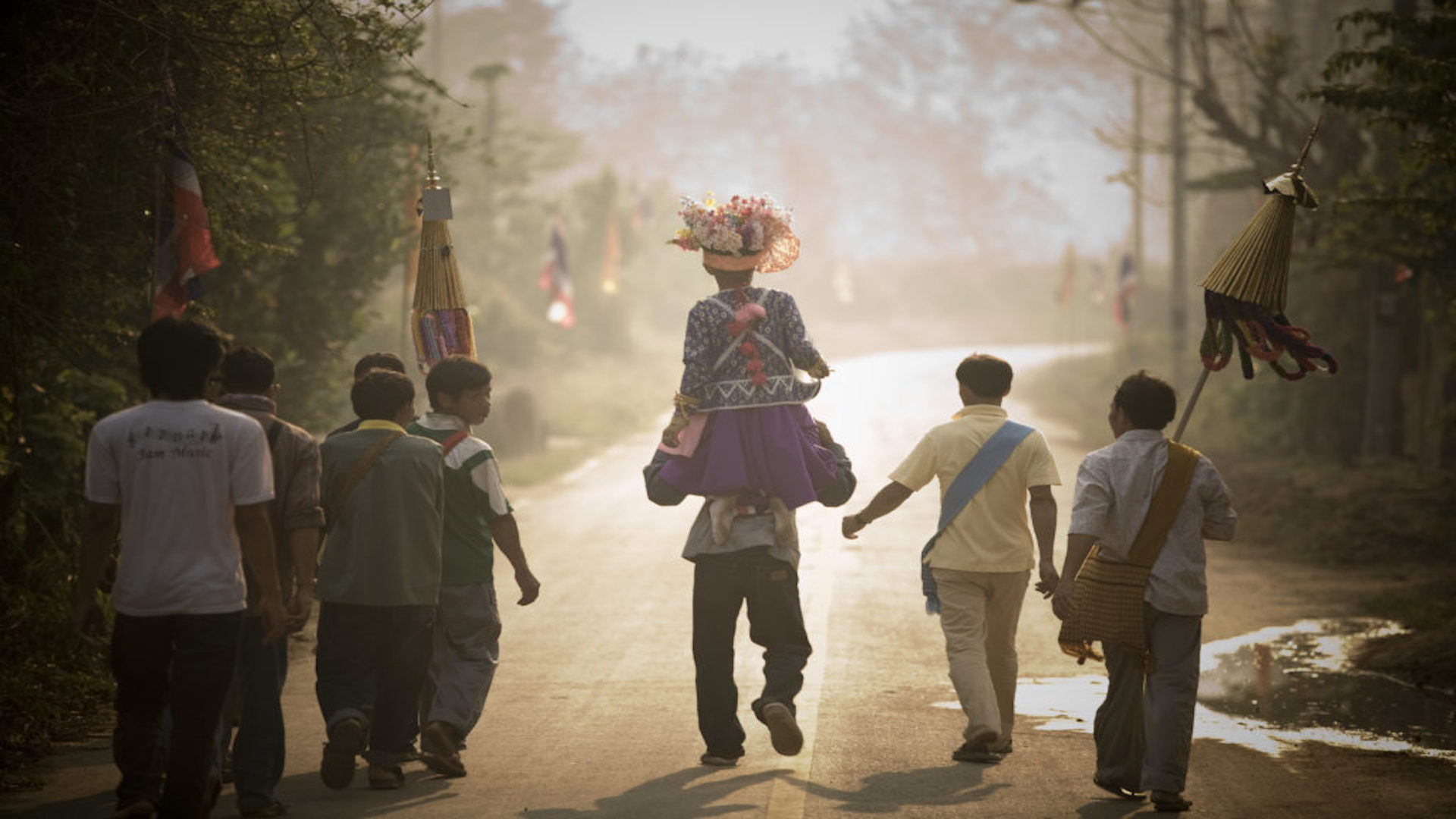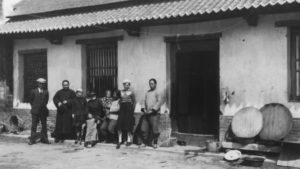
In 1792, William Carey published a treatise with the long title: An Enquiry Into the Obligations of Christians to Use Means for the Conversion of the Heathens. Most of Carey’s contemporaries believed that the call to cross-cultural evangelism applied only to the apostles. Carey challenged this view by arguing that the Great Commission of Matthew 28:18–20 is a binding command on every generation of Christians. He recounted the history of missions, offered a survey of the state of global Christianity during his day, and urged Baptists and others to form societies to send missionaries to foreign lands with zero or minimal gospel presence.
That same year, Carey preached a missionary sermon from Isaiah 54:2–3, which reads, “Enlarge the place of your tent, and let the curtains of your habitations be stretched out; do not hold back; lengthen your cords and strengthen your stakes. For you will spread abroad to the right and to the left, and your offspring will possess the nations and will people the desolate cities” (HCSB). His sermon had two points: expect great things, attempt great things.
Before the end of 1792, Carey and his friends in the Northamptonshire Baptist Association founded the Baptist Missionary Society, which was the first organization of its type in the evangelical world. Carey himself was sent to India the following year, where he served as a missionary until his death in 1834. His example inspired hundreds of others to become missionaries. Carey has often been called the father of the modern missions movement because of his advocacy for foreign missions and his role as the most famous early evangelical missionary.
Andrew Fuller Held the Ropes
Many people have heard of William Carey; far fewer have heard of his good friend Andrew Fuller. Like Carey, Fuller was nurtured in a theological context that wasn’t congenial toward intentional evangelism and missions. And like Carey, Fuller came to believe that every Christian was commanded to spread the gospel, and some were called to do so cross-culturally.
Before leaving for India, Carey famously told Fuller, “I will go down into the pit, if you will hold the ropes.” Fuller held the ropes by serving as president of the Baptist Mission Society from its founding until his death in 1814. He traveled all over the British Isles, raising funds and preaching missions-related sermons. The missionaries in India and other early fields could concentrate on their ministry in the field because they knew Fuller was advocating for them back home.
“Before leaving for India, Carey famously told Fuller, ‘I will go down into the pit, if you will hold the ropes.’”
While the Great Commission is a command for all Christians, not every believer is called to move to another land to serve as a cross-cultural missionary. But many are, and these missionaries need pastors back home who, like Fuller with Carey, will hold the ropes for them as they spread the good news among unreached and underserved people groups.
Pastors Hold the Ropes by Building Missions Culture
What does it look like for a pastor to hold the ropes? I would suggest it at least means embracing two overlapping priorities. First, rope-holders cultivate a Great Commission culture in their churches. They preach and teach about God’s global vision and their church’s part in God’s mission. They praying fervently and regularly for missionaries, and they lead their churches to give generously, even sacrificially, to missions through the Cooperative Program and the Lottie Moon Christmas Offering®.
They encourage and equip members to be evangelistic and committed to disciple making here, there, and everywhere. Their churches provide members with short-term mission trip opportunities when possible with missionaries who have been sent out from the church or are at least known to the church.
Pastors Hold the Ropes by Developing Strong Missionary Care
Second, rope-holders lead their churches to care for the spiritual lives of missionaries. Members regularly communicate with missionaries through email, Skype, phone calls, and other means. In addition to short-term mission teams, pastors and other leaders visit missionaries periodically to pray with them, bring them supplies (and treats!), and just spend time encouraging them as brothers and sisters in Christ.
Churches pray for specific needs shared by missionaries to whom they are connected and rejoice in answered prayers. They provide housing and other material benefits to missionaries who are in the United States on stateside assignment. They also help stateside missionaries adjust as best they can during their season at home, while also giving those missionaries the freedom to lovingly challenge the church to be even more intentional in their support for global missions.
“Every missionary needs at least one rope-holding pastor who is leading a rope-holding church to support the global spread of the gospel.”
Every missionary needs at least one rope-holding pastor who is leading a rope-holding church to support the global spread of the gospel. Southern Baptists need to be a convention of rope-holding congregations that sacrificially support the cause of evangelism and church planting among all the peoples of the earth, for the glory of God and the advance of his kingdom. For whom will you hold the ropes today?
One of the ways you can hold the ropes is through prayer. Learn how to pray for missionary work around the globe here.


